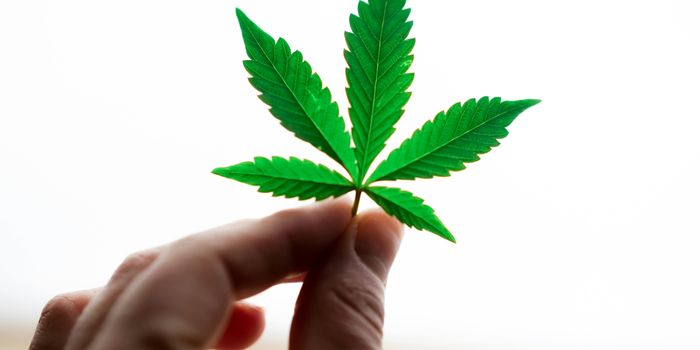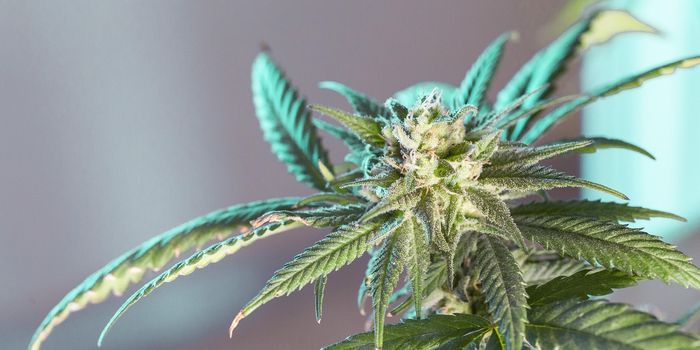Hemp Seed Peptide Helps Manage Mild Hypertension
Consuming hemp seed protein may help patients with mild hypertension manage systolic and diastolic blood pressure. The corresponding study was published in The American Journal of Clinical Nutrition.
According to the World Health Organization, around 1.28 billion adults aged between 30 and 79 years old have hypertension. While a variety of medications can help treat the condition, recently, non-pharmaceutical interventions have received increasing attention.
Hemp seed is a plant-based protein source that contains amino acids with blood pressure-lowering properties. In the current study, researchers investigated whether hemp seed protein and its hydrolysate-derived bioactive peptide could help adults with mild hypertension manage the condition.
To do so, they recruited 35 adults with mild hypertension for a double-blind, randomized, crossover-design trial. Around 35% of participants reported taking anti-hypertensive medications.
Participants undertook different dietary interventions, including daily consumption of 50 grams of casein, 50 grams of hemp seed protein, 45 grams of hemp seed protein, or five grams of bioactive peptide. Each intervention was adhered to for six weeks, and was followed by a two-week washout period. Fasting blood samples were collected at six time points.
Ultimately, the researchers found that hydrolysate-derived bioactive peptide had the strongest blood pressure lowering effect, reducing systolic and diastolic blood pressure by 8.9 mmHg and 5.8 mmHg, while casein had the least effect. They further found that hemp seed’s bioactive peptide lowered blood pressure significantly more than hemp seed protein.
In a subgroup analysis, the researchers reported similar patterns of blood pressure-lowering effects among patients who were and were not prescribed anti-hypertensive medications.
“These results suggest that hemp protein consumption, as well as in combination with bioactive peptides, may have a role in the dietary management of hypertension,” wrote the researchers in their paper.
The researchers wrote that a limitation of their findings was that they did not tightly control diet or exercise in the trial. This means that disparities in dietary intake and physical activity may have modified biomarker responses to treatments.
Sources: NewsMedical.net, The American Journal of Clinical Nutrition









